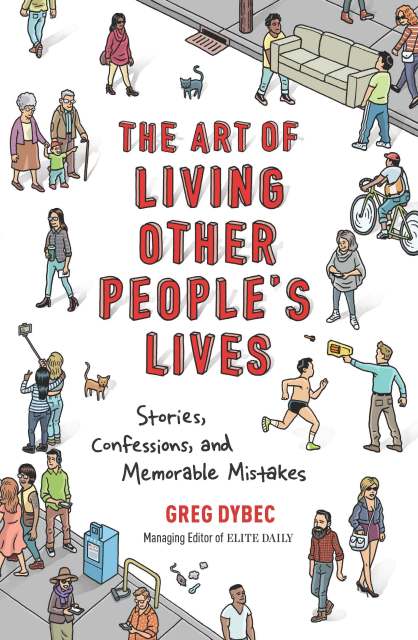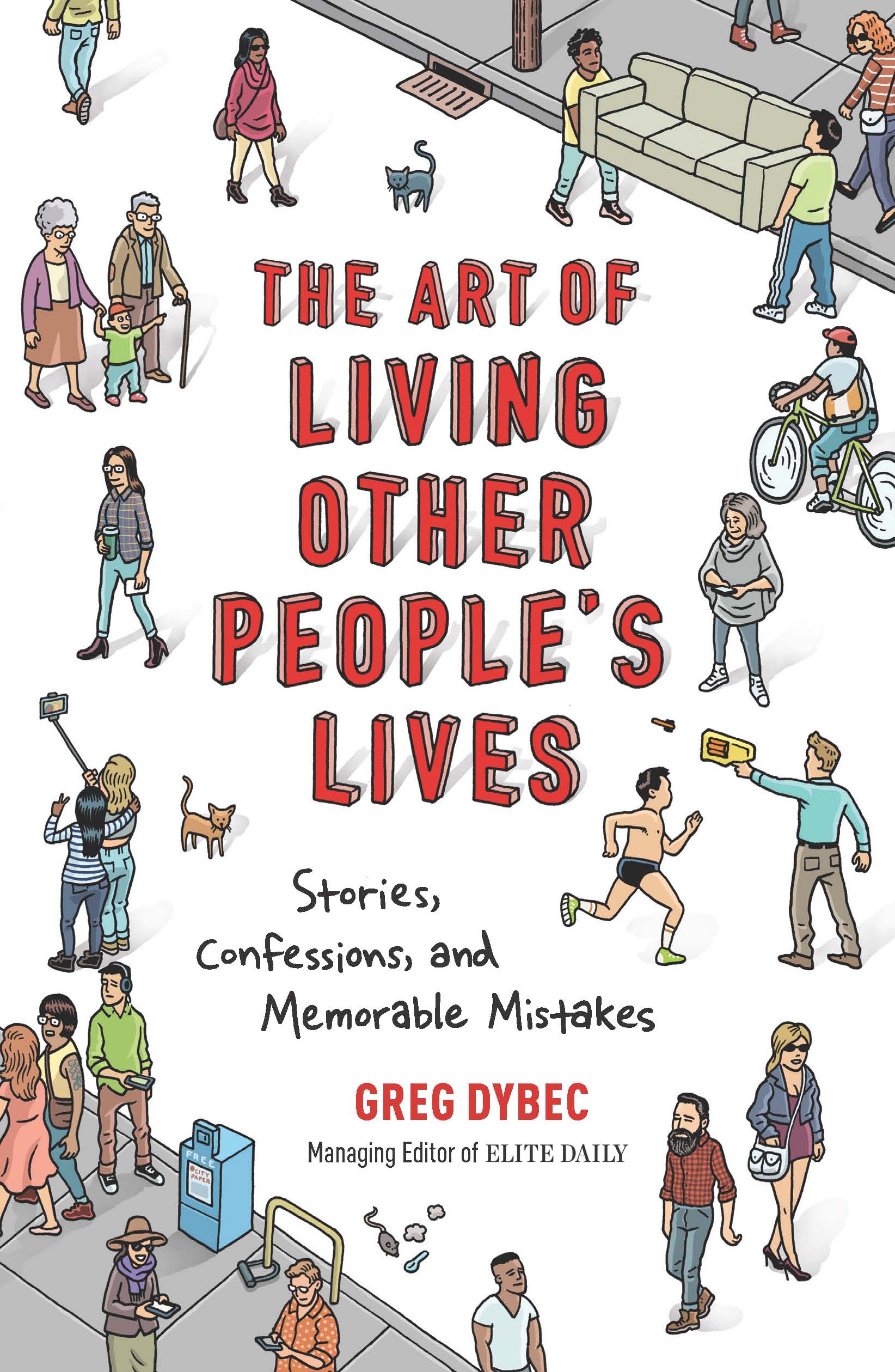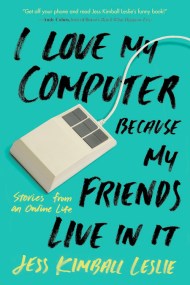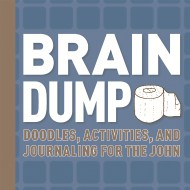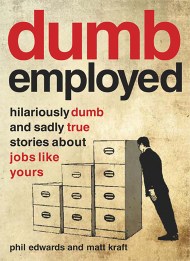Promotion
Use code MOM24 for 20% off site wide + free shipping over $45
The Art of Living Other People's Lives
Stories, Confessions, and Memorable Mistakes
Contributors
By Greg Dybec
Formats and Prices
Price
$9.99Price
$12.99 CADFormat
Format:
- ebook $9.99 $12.99 CAD
- Trade Paperback $15.00 $19.50 CAD
This item is a preorder. Your payment method will be charged immediately, and the product is expected to ship on or around January 3, 2017. This date is subject to change due to shipping delays beyond our control.
Also available from:
When he isn’t responsible for pleasing tens of millions of online readers a month as the managing editor of Elite Daily, Greg Dybec worries about rent, sex, love, family, and–the most millennial topic of them all–a desire to leave a legacy. In The Art of Living Other People’s Lives, Greg delivers a funny, brash, insightful collection of stories on becoming a pick-up artist to get over an ex-girlfriend, late-night adventures with his Uber drivers, a writing gig about men’s underwear, and so much more.
Whether he’s learning to hashtag from his tech-savvy mom, pestering Mark Cuban for life advice, or eavesdropping on strangers for story ideas, Greg takes readers on a hilariously neurotic and self-analytical journey that explores the struggle of balancing his plugged-in persona with his real-world self. Along the way, he — and you — might discover that life is a whole lot simpler online.
Genre:
-
"Greg Dybec is the (much) younger, quirky, neurotic, funny little brother I never had. The Art of Living Other People's Lives is a terrific collection of relatable, hilarious stories."Jen Mann, New York Times bestselling author of People I Want to Punch in the Throat
-
"This book made me realize how boring my own life is. I loved every second of reading it."Joe Santagato, entertainer
-
"Reading Greg Dybec's absorbing essays is like having drinks with your funny, curious best friend, trading stories 'til last call. He's a spelunker into the human condition, a smart and soulful observer of the world. This book puts a smile on your face!"Davy Rothbart, author of My Heart Is an Idiot, creator of FOUND Magazine, and contributor to This American Life
-
"If somebody asked me to suggest one single book of hilarious and heartfelt essays that sum up the constant existential crisis that is being a millennial, I'd have a hard time finding a better pick than Greg Dybec's The Art of Living Other People's Lives."Jason Diamond, author of Searching for John Hughes
- On Sale
- Jan 3, 2017
- Page Count
- 240 pages
- Publisher
- Running Press
- ISBN-13
- 9780762461073
Newsletter Signup
By clicking ‘Sign Up,’ I acknowledge that I have read and agree to Hachette Book Group’s Privacy Policy and Terms of Use
